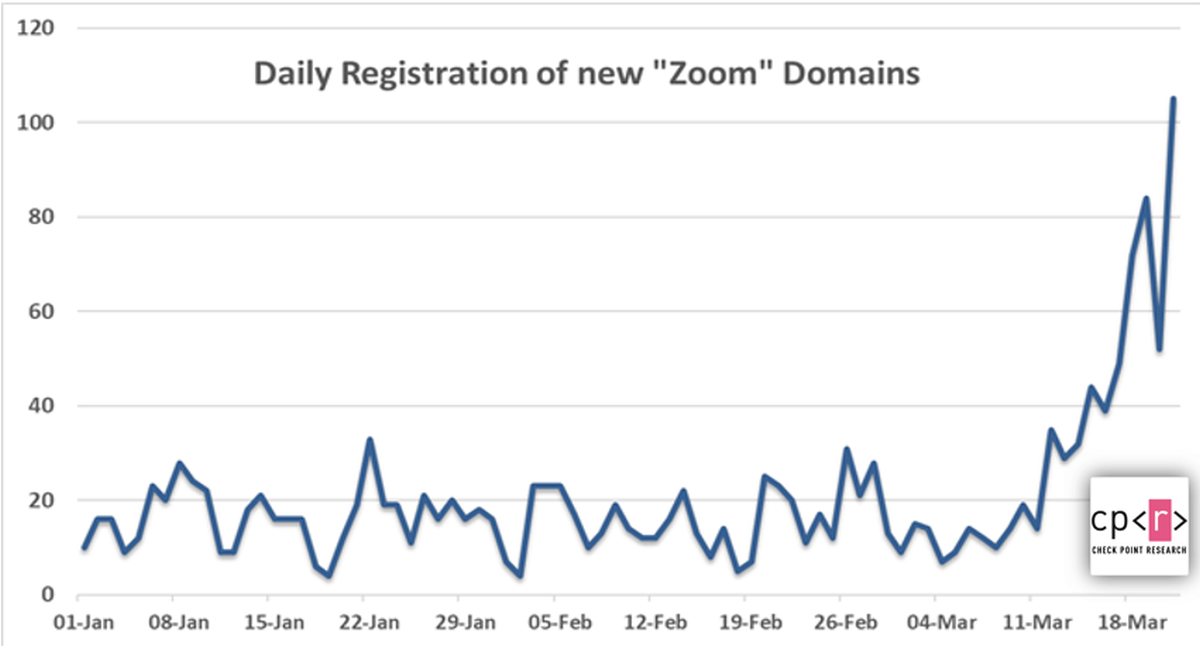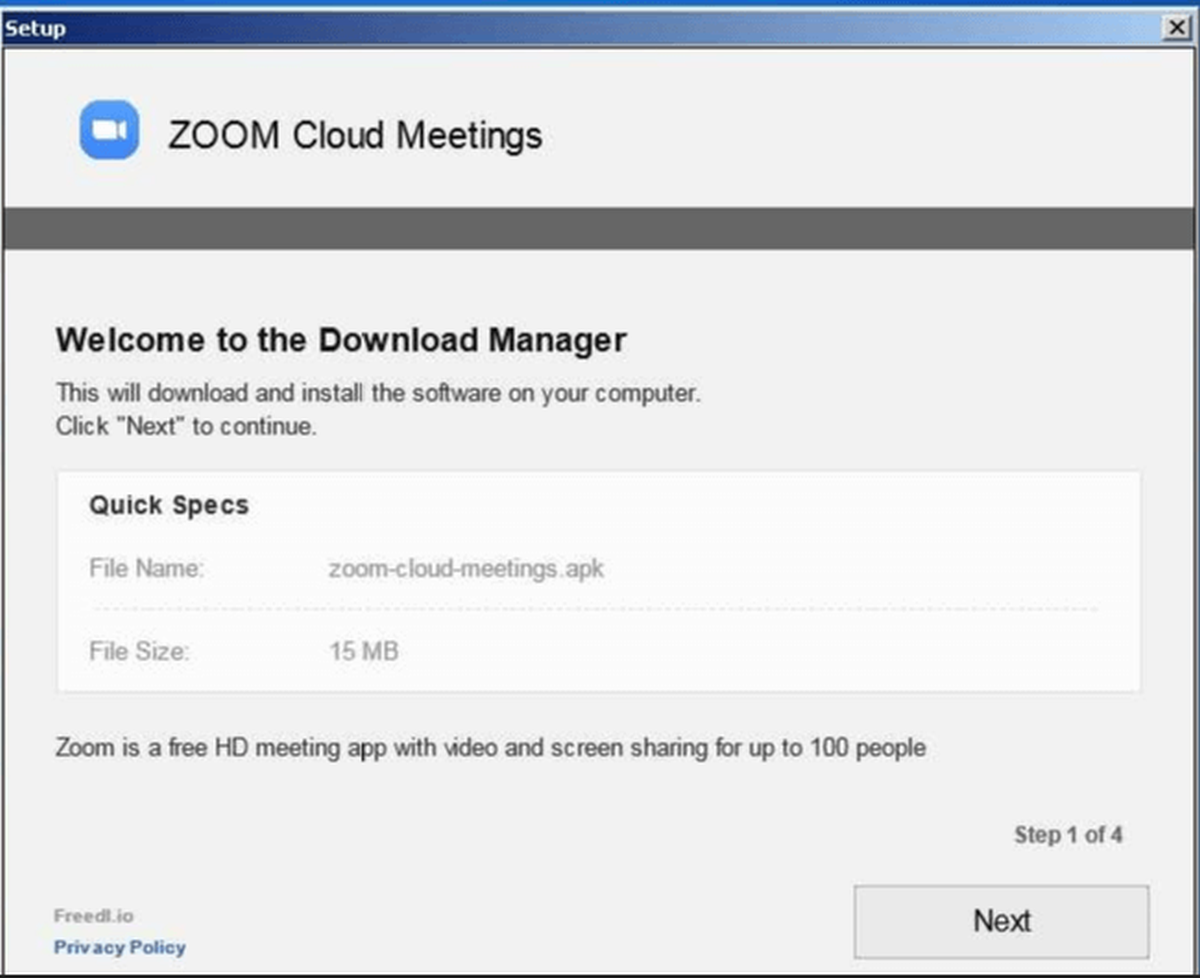Zoom is a remote working tool—primarily focused on video conferencing—that has seen an sudden surge in users over the last few months or so. This has been an indirect consequence of the COVID-19 pandemic, which has led to millions of individuals around the world to remote working conditions. However, the company’s platform has come under severe criticism in recent times over several privacy and security concerns, which culminated in an apology from Zoom founder and CEO, Eric Yuan.
Now, a new problem has emerged for Zoom users—or rather, potential users. A new report from Check Point has said that cybercriminals have been creating fake “Zoom” websites and installer files that trick users into downloading dangerous malware onto their devices. It must be noted that this particular issue doesn’t appear to be caused by incompetence on Zoom’s part—rather, this is a case of perpetrators taking advantage of the popularity of the platform.

Over 1,700 domains with names including “Zoom” have been registered during the pandemic, with 25% of these registrations having been made over the past week. The cybersecurity experts also estimate that 4% of these domains were found to have “suspicious characteristics”.
While this isn’t a problem exclusive to Zoom (phishing campaigns for popular sites are fairly common) it appears that cybercriminals have been using the fame/notoriety of the platform for malicious reasons. These hackers have also been using malicious executable files (installer files) that contain malware.
The way it works, the malicious executables and websites purport to be legitimate Zoom platforms or installer files, and when installed, download malware onto victims’ machines. This could then lead to all sorts of malicious software to be installed, and a compromise in device security.

As such, it’s important to practise certain precautions when browsing the internet in times like these. Check Point advises that users be careful when receiving emails/files from unknown sources, and to avoid opening attachments or links within these messages. Another tip is to watch out for spelling/punctuation error in these websites, with fake sites often using weird/inaccurate language.
On Zoom’s end, CEO Eric Yuan has assured that steps are being taken to rectify certain issues on the platform, with all engineering resources dedicated to improving privacy and security. This particular issue is certainly a concern, but it’s worth remembering that the tips above, and general safe browsing behaviour, is important for all sites and platforms—not just Zoom.
[ SOURCE , IMAGE SOURCE ]








